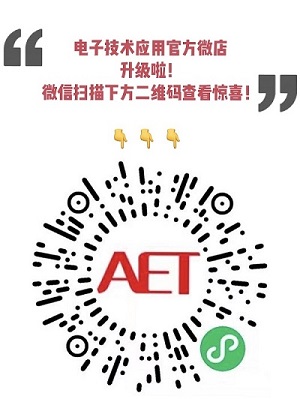个人信息主体权利司法实现的解释论展开
网络安全与数据治理 9期
谭昱琪
(华东政法大学 法律学院,上海201600)
摘要: 《个人信息保护法》第50条规定了个人信息权益的司法保护程序,但在该条第2款的性质及其与相关条款的适用关系层面仍存疑惑。从解释论的视角出发,该条系对个人信息主体诉权的确认而非请求权规范,第2款前句是个人信息主体行使诉权的前置要件,但并不适用于所有个人信息权利之诉。当不存在任何侵害行为时,个人信息主体需向个人信息处理者行使个人信息主体权利且被拒绝后,才能寻求司法救济;当个人信息权益受到侵害或存在侵害之虞,但不存在损害结果时,个人信息主体的请求权基础为相应的个人信息主体权利,不以向个人信息处理者提出请求且被拒绝作为起诉的受理条件;当个人因个人信息权益被侵害且存在损害结果时,可依据《个人信息保护法》第69条直接提起诉讼并要求赔偿。
中图分类号:D923.8
文献标识码:A
DOI:10.19358/j.issn.2097-1788.2023.09.007
引用格式:谭昱琪.个人信息主体权利司法实现的解释论展开[J].网络安全与数据治理,2023,42(9):42-49,58.
文献标识码:A
DOI:10.19358/j.issn.2097-1788.2023.09.007
引用格式:谭昱琪.个人信息主体权利司法实现的解释论展开[J].网络安全与数据治理,2023,42(9):42-49,58.
Explanatory analysis on judicial implementation of individuals′ rights in personal information processing activities
Tan Yuqi
(School of Law, East China University of Political Science and Law, Shanghai 201600, China)
Abstract: Article 50 of Personal Information Protection Law specifies the judicial protection procedure for personal information rights and interests, but there are still doubts about the nature of paragraph 2 and its relationship with related provisions. From an interpretive perspective, Article 50 of the Personal Information Protection Law confirms the right of personal information subjects to bring a lawsuit rather than a request, and the first clause of paragraph 2 is a prerequisite for personal information subjects to exercise their right to bring a lawsuit, but it does not apply to all personal information rights lawsuits. When there is no infringement, personal information subjects need to have their personal information subject rights refused by the personal information processor before seeking judicial relief; when personal information rights and interests are infringed or under threat of infringement, but there is no harm, the basis for personal information subjects′ requests is the corresponding personal information subject right, and bringing a lawsuit is not a prerequisite for accepting the request to the personal information processor; when personal information subjects are harmed due to personal information infringement, they can directly file a lawsuit in accordance with Article 69 of the Personal Information Protection Law.
Key words : Personal Information Protection Law;prerequisite for the right to bring a lawsuit;remedies for personal information rights and interests.
0 引言
《个人信息保护法》第四章单独列明了个人在信息处理活动中的权利,包括查阅权、复制权、可携权、更正补充权、删除权等权利(以下简称为“个人信息主体权利”)。这些权利是保护承载于个人信息之上的主体权益的程序性权利[1],系个人信息主体对抗个人信息处理者(以下简称为“信息主体”与“信息处理者”),防止信息主体的个人信息被滥用的手段性权利工具。而《个人信息保护法》第50条第2款使得信息主体可以向司法机关寻求有关个人信息权益的救济[2],强化了《个人信息保护法》作为个人信息保护基本法的法律地位[3]。
然而,若以体系化适用的眼光审视《个人信息保护法》第50条第2款,会发现该款在适用过程中存在层层阻碍。就其性质而言,该款究竟是对诉权的赋予或确认还是一种请求权规范,涉及到信息主体在寻求信息权益救济时的请求权基础。就其适用条件而言,《个人信息保护法》第50条第2款规定的“个人信息处理者拒绝个人行使权利的请求”是否为所有个人信息权利之诉或个人信息侵权之诉的受理条件?并且,由于该款涉及个人信息主体权利实现的具体司法路径,而上述阻碍又同时导致其与个人信息权益保护的其他司法路径,例如《个人信息保护法》第69条、《民法典》第995条以及第1 037条的适用范围缠绕不清。
因此,如何整合个人信息主体权利实现的规范体系,平衡信息主体与信息处理者的利益,成为个人信息权益保护的重要课题。
本文详细内容请下载:https://www.chinaaet.com/resource/share/2000005660
作者信息:
谭昱琪
(华东政法大学 法律学院,上海201600)

此内容为AET网站原创,未经授权禁止转载。

